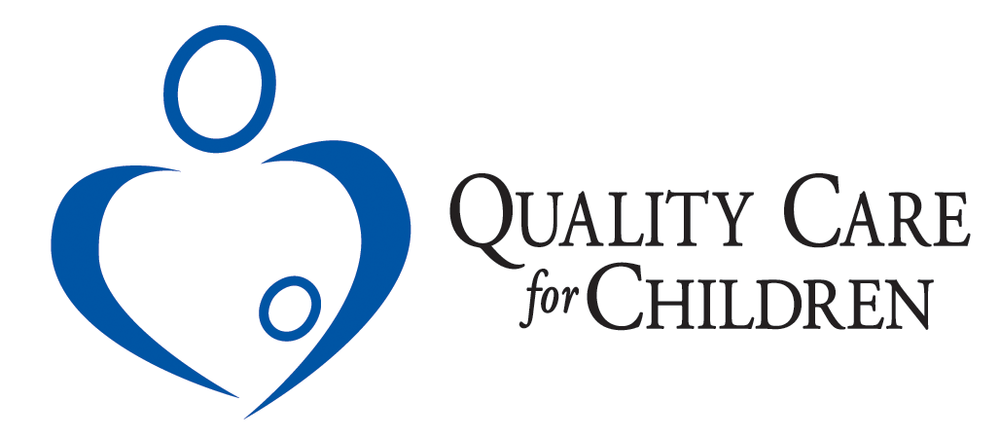Selecting a child care program is one of the most important choices you'll make for your little one, and it’s natural to feel a bit overwhelmed. As a parent, you want the best for your young child—a safe, nurturing environment that supports their early development, while also finding a solution that fits your family’s needs, budget, and location. \
But you’re not alone in this journey! To help guide you through your decision-making, we’ve answered five common questions parents ask when they begin thinking about enrolling their child in an early learning and care program.
1. What Should I Look for in a Quality Child Care or Early Learning Program?
When choosing a program in Georgia, start by checking if the facility is Georgia Department of Early Care and Learning (DECAL): Bright from the Start licensed. Some key factors to look for include:
Qualified staff: Teachers should be trained in early childhood education.
Low teacher-to-child ratio: This ensures individualized attention.
Curriculum: Look for programs that focus on a balance of academic learning and play-based activities.
Clean, safe environment: The facility should have clear safety protocols, secure entrances, and a sanitary environment.
For additional questions or help finding care, call 877-ALL-GA-KIDS (877-255-4254) or visit QCCga.org to chat with Child Care Referral Specialists who use the Quality Rated tool to find child care programs that meet these standards and have been assessed for high-quality care. This is a free, individualized service for Georgia families with representatives who speak English and Spanish.
(877-ALL-GA-KIDS is made possible by The Georgia Department of Early Care and Learning (DECAL) through the federal Child Care and Development Fund (CCDF) grant.)
2. How Can I Ensure My Child is Safe in a Child Care Setting?
We know the safety of your child is the most important concern you have and encourage you to research and visit every program you are considering.
When visiting potential child care centers and family learning homes, ask about their security measures, including background checks for all staff and policies around drop-off and pick-up. Also, inquire about their procedures for handling medical emergencies, allergies, and illnesses. Are there cameras inside the classrooms?
In Georgia, licensed programs must meet specific health and safety requirements overseen by DECAL. You can verify a program’s license and view its inspection reports on DECAL’s website.
3. How Do I Know if My Child is Ready for Preschool?
Deciding if your child is ready for preschool depends on a few factors, including their age, social skills, and emotional readiness. In Georgia, children can attend Georgia's Pre-K Program starting at age four. This free program is lottery-funded and available to all eligible children.
Some signs that your child is ready for preschool include:
Showing curiosity about learning.
Being able to follow simple instructions.
Expressing interest in playing with other children.
Demonstrating some independence in self-care tasks like dressing and eating.
4. What Are the Benefits of an Early Learning Program for My Child’s Development?
Research shows that early learning programs help children develop important cognitive, social, emotional, and physical skills and sets the groundwork for all future learning and success.
Children who attend high-quality early learning programs often:
Develop stronger language and communication skills.
Build social skills through interaction with peers.
Learn problem-solving and critical thinking skills.
Gain emotional regulation and independence.
5. How Can I Stay Involved in My Child’s Learning While They Are in Child Care?
Staying involved in your child’s early education is key to supporting their development. Here are some ways to stay connected:
Regular communication: Ask for updates from teachers and participate in parent-teacher conferences.
Follow through at home: Reinforce what your child is learning at school with fun activities, like reading books or exploring new concepts.
Volunteer or participate in events: Many child care programs offer opportunities for parents to volunteer or join classroom activities.
More resources:
· How to know if your child is ready for preschool (Understood.org)
· New Study Provides More Evidence That Full-Day Preschool Benefits Children (Parents magazine)
· Choosing a Child Care Program (Quality Rated)
· Preschoolers: Tips for Supporting Learning at Home (Child Mind Institute)

